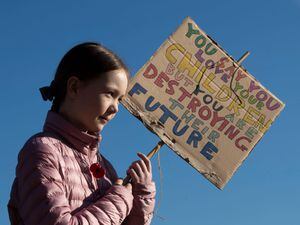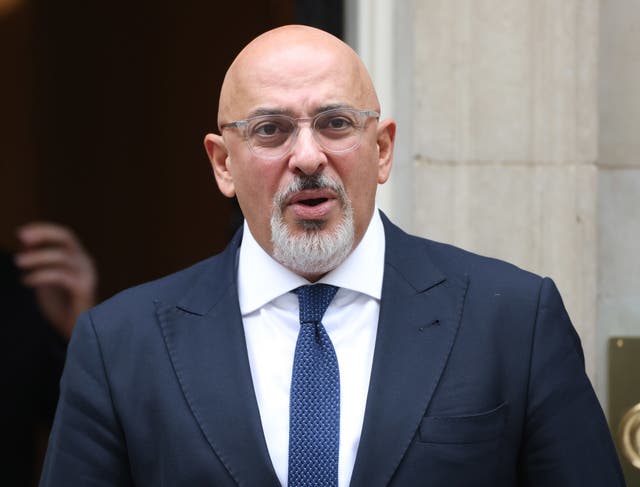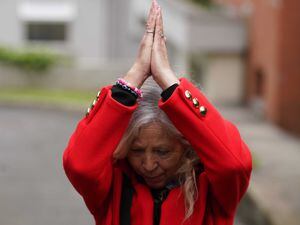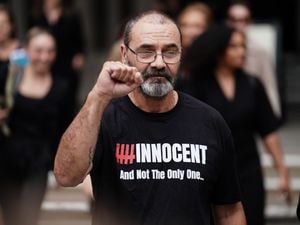Unions say Government climate change teaching strategy is ‘not enough’
Teachers could be ‘fearful’ about discussing climate change issues with students under climate change teaching proposals.

Teaching unions have written to Education Secretary Nadhim Zahawi to raise concerns that current measures to teach pupils about climate change are “not enough”.
They add that teachers may feel “constrained” and “fearful” in their discussions with students out of fear of being seen as “partisan” under the current proposals.
A group of education unions, including the NEU teaching union, the NASUWT teaching union, the NAHT school leaders’ union and the University and College Union, wrote to Mr Zahawi on Monday to say that the Government’s draft plans on climate change teaching need to go further.

The Department for Education’s draft sustainability and climate change strategy was announced by Mr Zahawi at a speech to the Cop26 climate summit in Glasgow last November.
His announcement included news that young people would be able to undertake a Climate Leaders Award to recognise their work in protecting the environment.
The draft strategy – due to be published in its final form in April – also suggests that all new schools will be built to be “net zero in operation”, while programmes will be set up to help young people “retrain and upskill for green jobs”.
And it proposes a virtual National Education Nature Park, to give young people “practical opportunities” to improve the natural environment.

But unions have said that while the Climate Leaders Award and National Education Nature Park were “positive initiatives”, the proposals do not go far enough to create “deep change in every aspect of our lives”.
Quoting the wording of the strategy, they said: “To achieve excellence”, it is not enough to “increase support, training and resources for teachers” within the confines of “science, geography and citizenship subjects”.
The letter adds that the current draft of the strategy could make teachers “fearful” about having frank discussions with pupils about climate change over fears of being seen as “partisan”.
“We welcome the fact that teachers will not be expected to present climate change denial as a valid viewpoint but have concerns that if the current emphasis in the draft strategy is maintained, staff will feel constrained in engaging with pupils about values and attitudes out of fear of being deemed to be ‘partisan’,” the letter says.
“We must rely on the professionalism of our teaching force and not allow them to become fearful about encouraging the widest and most transparent discussion,” it adds.
In the draft proposals, the Government says that teaching about climate change and the “scientific facts and evidence behind this” is not a political issue, and “schools do not need to present misinformation or unsubstantiated claims to provide balance”.
But it added that in climate change teaching, “there may be relevant political issues and partisan political views, for example on social and economic reform, that should be handled in line with schools’ legal duties on political impartiality”.
The unions’ letter, also signed by Unison, Students Organising for Sustainability UK, Thoughtbox, The Edge and the University of Bath, says that climate change must be “embedded” throughout the “whole curriculum”, and calls for “prompt action to tackle gender disparity within STEM subjects”.
It adds that there needs to be a “detailed” policy on green travel for students, staff and parents, while the target date for making school buildings carbon-neutral should be set at 2030.





